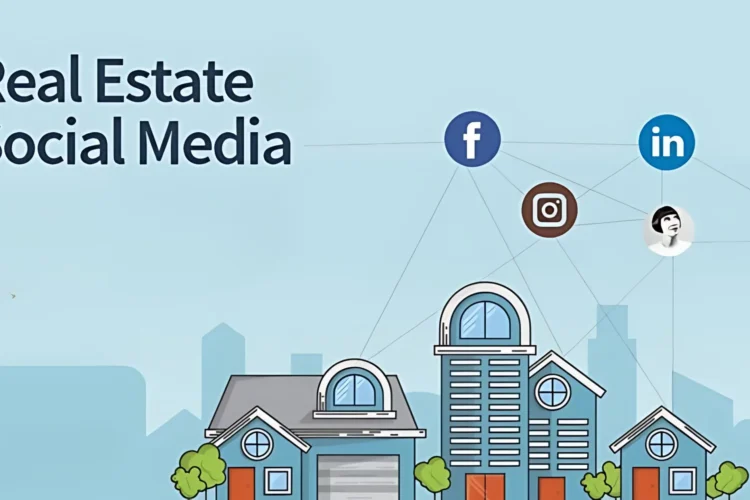
In today’s digital age, businesses constantly seek innovative ways to connect with their target audience. One such strategy that has gained significant traction in recent years is hyperlocal social media marketing. This article explores the intricacies of hyperlocal social media marketing, its benefits, strategies, tools, case studies, challenges, and future trends.
Understanding Hyperlocal Social Media Marketing
Hyperlocal marketing involves targeting potential customers in a particular, localized area. It aims to reach individuals based on their geographic location, delivering personalized messages tailored to their surroundings.
The Role of Social Media in Hyperlocal Marketing
Social media platforms serve as powerful tools for hyperlocal marketing because they can gather location-based data and facilitate targeted advertising. They enable businesses to engage with local communities and build meaningful relationships with potential customers.
Benefits of Hyperlocal Social Media Marketing
Increased Local Visibility
Hyperlocal social media marketing allows businesses to enhance their visibility within their immediate vicinity, making them more accessible to local consumers searching for products or services.
Targeted Advertising
By leveraging location-based data, businesses can target their advertising efforts towards specific demographics within their local area, resulting in higher conversion rates and ROI.
Enhanced Customer Engagement
Hyperlocal marketing fosters stronger connections with customers by providing relevant content and offers tailored to their geographic location. This leads to increased engagement and brand loyalty.
Critical Strategies for Hyperlocal Social Media Marketing
Geotargeting
Geotargeting involves delivering and content marketing or advertisements to individuals based on their location. Businesses can use geotargeting to promote local events, offers, or services to users within a specific radius.
Localized Content Creation
Creating content that resonates with the local community is essential for successful hyperlocal social media marketing. This includes featuring local landmarks, events, or traditions to appeal to the target audience.
Leveraging User-Generated Content
Encouraging customers to generate and share content related to their experiences with the brand can significantly enhance its local presence and credibility.
Tools and Platforms for Hyperlocal Social Media Marketing
Google My Business
Google My Business is a free tool that allows businesses to manage their online presence across Google, including Google Search and Maps. It enables businesses to update their information, respond to reviews, and engage with customers locally.
Facebook Local
Facebook Local is a feature within the Facebook app that helps users discover nearby events, restaurants, and attractions. Businesses can use Facebook Local to promote their events and offerings to a local audience.
Next-door
Next-door is a private social network for neighbourhoods, allowing residents to connect with local businesses. Businesses can leverage Next-door to engage with residents, share updates, and offer exclusive deals.
Case Studies of Successful Hyperlocal Social Media Marketing Campaigns
Challenges and Solutions in Hyperlocal Social Media Marketing
Data Privacy Concerns
Collecting and using location data for marketing purposes raises privacy concerns among consumers. To address this, businesses must be transparent about their data collection practices and obtain user consent.
Overcoming Limited Reach
Hyperlocal marketing efforts may need help in reaching a broad audience. To overcome this, businesses can complement their hyperlocal strategies with broader marketing initiatives to maximize their reach.
Measuring Success in Hyperlocal Social Media Marketing
- Metrics to Track Key performance indicators for hyperlocal social media marketing include foot traffic, website visits, engagement rates, and conversion rates from local campaigns.
- Analyzing Results Businesses should regularly analyze the performance of their hyperlocal marketing efforts to identify areas for improvement and optimize their strategies for better results.
Future Trends in Hyperlocal Social Media Marketing
Integration with Augmented Reality
Augmented reality (AR) technology presents exciting opportunities for hyperlocal marketing, allowing businesses to overlay digital content onto real-world environments to create immersive user experiences.
Advancements in Location-Based Technologies
Advancements in location-based technologies, such as beacon technology and GPS tracking, will further enhance the precision and effectiveness of hyperlocal marketing campaigns.
Conclusion
Hyperlocal social media marketing offers businesses a powerful tool for connecting with local audiences, driving engagement, and increasing sales. By embracing the principles of precision targeting, community engagement, and localized content creation, businesses can leverage the full potential of social media platforms to establish a strong presence within their local community. With the right strategies and a commitment to authenticity and relevance, hyperlocal marketing can yield impressive results and help businesses thrive in an increasingly competitive marketplace.


